CARES Act Summary: March 31, 2020
Aka: The Coronavirus Aid, Relief, and Economic Security Act
This wide-reaching act was designed to help individuals and businesses affected by many aspects of the Coronavirus, and subsequent quarantines, etc. We thought we would give our best shot to summarize some of the provisions that may benefit you.
Individual Payments or “Show Me the Money”!
Based upon individuals’ 2018 or 2019 tax returns, with the following Adjusted Gross Incomes (AGI) will receive the following amounts:
- Married filing jointly, with AGI up to $150,000: $2400 + $500 per child under age 17
- Head of Household: AGI up to $112,500: $1200 + $500 per child under age 17
- Single: AGI up to $75,000: $1200
These distributions are scheduled to start “as soon as possible”, but reasonably this probably means sometime in May. The payments will be made to whatever banking accounts are on file with the IRS to receive your refunds, or failing that, via a check to your address of record. If you have moved, or changed banks, you need to update your information with the IRS by using Form 8822 to update your info: https://www.irs.gov/pub/irs-pdf/f8822.pdf
Social Security Recipients: you will receive your payments with the same income limits noted above, to the same account or address where your social security payments are sent. As far as we can tell, if you did not file a tax return in 2018 or 2019, they will use the info from your SSA-1099 (Social Security Benefit Statement) so you don’t need to do anything to receive your payment.
Phase-outs: If your income is slightly higher than the amounts listed above, you may still be eligible for payments in lesser amounts. You do not need to do anything, if you filed your tax return in 2018 or 2019; if your income was less in 2019, make sure you have filed it.
Security/Scam Alert: We have heard that there is a scam of individuals coming to your homes to “verify” your personal information to receive these payments, and then stealing your personal information. DO NOT REVEAL ANY PERSONAL INFO TO SOMEONE WHO COMES TO YOUR DOOR! As mentioned above, the IRS has your contact and personal info already, and if you need to update it, use the link provided above, or contact your professional advisors.
FILE FOR UNEMPLOYMENT: whether you lost your job, or had your hours cut.
- Even the first week of unemployment will be covered.
- $600 per week is added to your regular (state) unemployment payments for up to 4 months.
- This even applies to those who are self-employed, who may be eligible for up to 39 weeks of benefits.
Student Loan Deferred Payments:
You can suspend student loan payments until 9/30/20, and no interest will accrue. You must contact your loan provider and pause your automatic payments, if you wish to take advantage of this provision.
Required Minimum Distributions:
If you are required to take distributions from your own IRA, you now do NOT have to take your RMD’s for 2020. If you wish to return a Required Minimum Distribution that you do not need, and it is within 60 days of receipt of those payments, you may repay or reimburse your own IRA for those amounts.
That does NOT apply to Inherited IRA’s, and if you have already taken your RMD from those inherited accounts, you cannot repay them. Sorry! However, you do NOT have to take the RMD from the Inherited IRA’s for 2020 if you have not already done so.
Provisions for Small Businesses: Paycheck Protection Program
- Fully guaranteed by SBA, with standard fees waived- must apply by 6/30/20
- Businesses with fewer than 500 employees
- For businesses that are affected by the uncertainty of current economic conditions
- Contingent upon not laying off employees for four months, et. al., there is the possibility that all or a portion of the loan will be forgiven for amounts spent during first 8 weeks after the loan is made when used for the following:
-
- Payroll costs excluding amounts for individuals with compensation above $100k
- Rent or mortgage
- Utilities
- Group health insurance premiums
-
- Forgiven loans are not included in taxable income for the year.
- Loan amounts that are not forgiven will be payable over 10 years at no more than 4% interest rate.
- Can be utilized by all types of businesses:
-
- C-Corp, S-Corp, Sole Proprietors
- Independent Contractors
- 501(c)3 non-profit businesses (with less than 500 employees)
-
To apply: contact your local business lender or the Small Business Administration, and reference the Paycheck Protection Program.
So hopefully, this gives you at least some of the highlights of the latest and greatest CARES Act. Stay tuned as we learn more…



